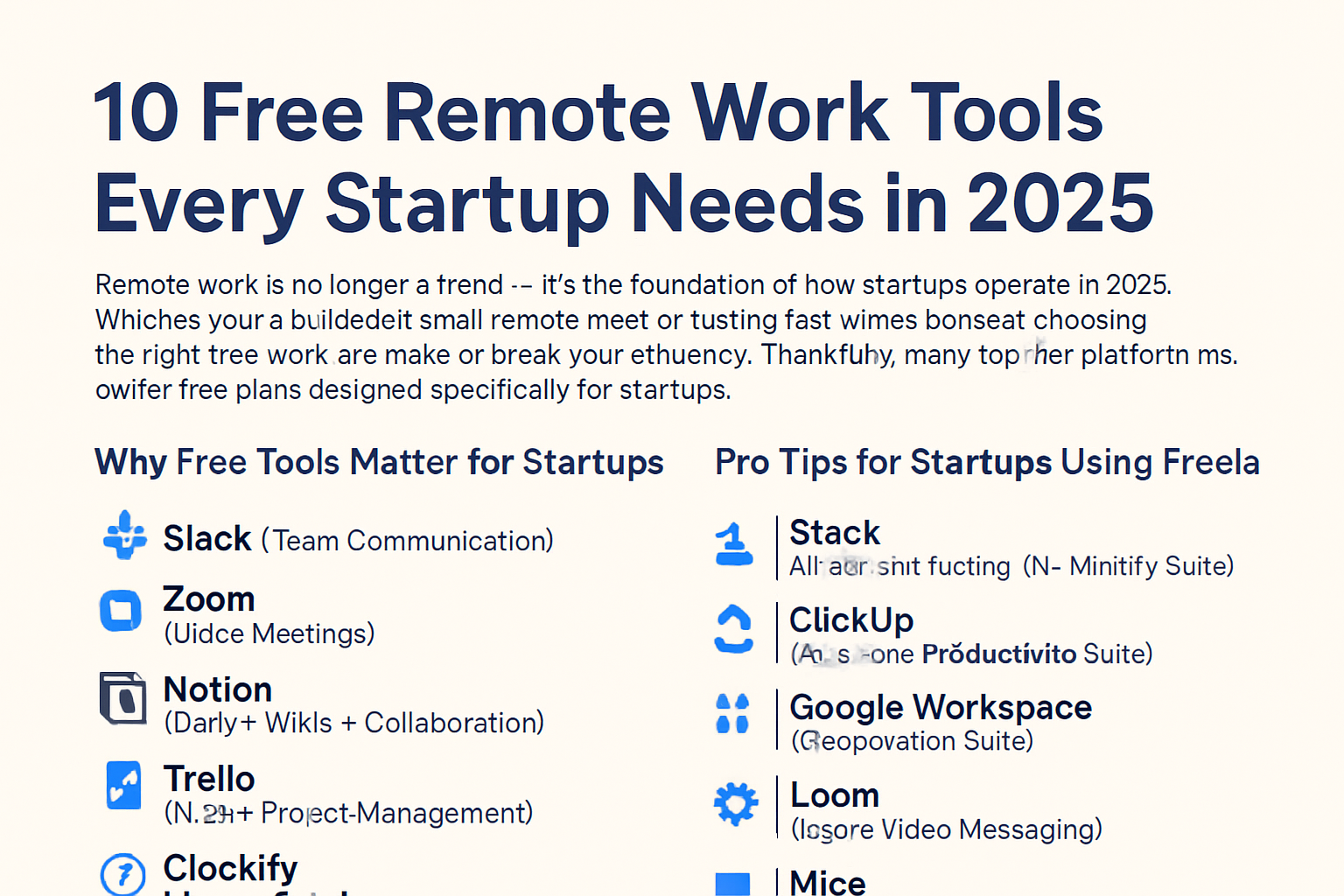In the dynamic world of entrepreneurship, venture capital (VC) is more than just funding—it’s a powerful force driving innovation, scale, and economic transformation. In 2025, startup ecosystems thrive where venture capital flows, creating ripple effects that impact industries, cities, and global markets.
Let’s explore how VC shapes the modern startup landscape.
What Is Venture Capital?
Venture capital is a form of private equity financing provided by investors to startups and early-stage businesses that show high growth potential. In return, VCs receive equity ownership and often a say in business decisions.
How Venture Capital Fuels Startup Ecosystems
1. Funding High-Risk Innovation
Most traditional banks avoid risky startups, especially those without assets or proven revenue. Venture capitalists, however, invest in bold ideas and breakthrough technologies—from AI to biotech—fueling disruptive innovation.
2. Mentorship and Strategic Guidance
VCs often provide more than money. Many offer:
-
Business mentoring
-
Network access
-
Market entry strategies
-
Hiring support
This boosts startup success rates and shortens time-to-market.
3. Job Creation and Economic Growth
Startups backed by VC funding often scale rapidly, leading to:
-
New job opportunities
-
Skilled workforce development
-
Increased tax revenues
-
Urban innovation hubs (like Silicon Valley or Dubai Internet City)
4. Encouraging a Culture of Entrepreneurship
Visible success stories—like Careem, Souq, or Noon—funded by VCs inspire new entrepreneurs, attract more investment, and build a cycle of innovation.
Regional Startup Ecosystem Examples
-
MENA Region: UAE and Saudi Arabia are seeing a VC boom with accelerators, government-backed funds, and global investor interest.
-
Southeast Asia: Countries like Indonesia and Vietnam are drawing record VC inflows.
-
Africa: Fintech startups are surging in Nigeria and Kenya due to smart VC injections.
Potential Downsides of Venture Capital
Despite its benefits, VC isn’t perfect:
| Challenge | Description |
|---|---|
| High pressure for fast growth | Can lead to burnout and unsustainable scaling |
| Equity dilution for founders | Ownership is reduced with each funding round |
| VC-driven priorities | Some investors may push aggressive strategies not aligned with the founder’s vision |
Final Thoughts
In 2025, the impact of venture capital on startup ecosystems is undeniable. It turns ideas into unicorns, cities into innovation hubs, and individuals into global changemakers.
But the best results come when capital meets vision, ethics, and resilience. Venture capital is a catalyst—but it’s founders who create the spark.


